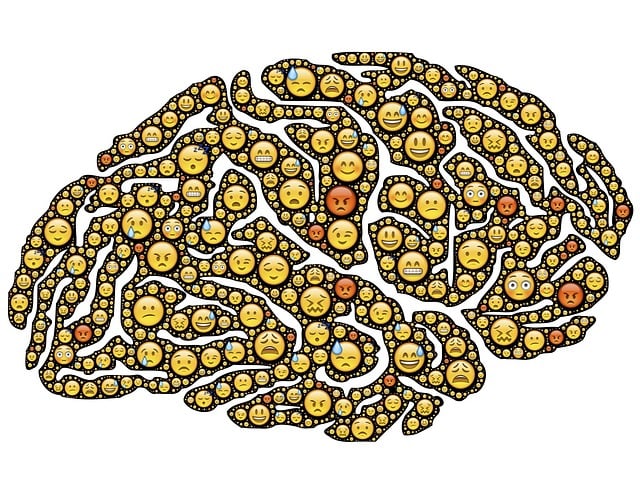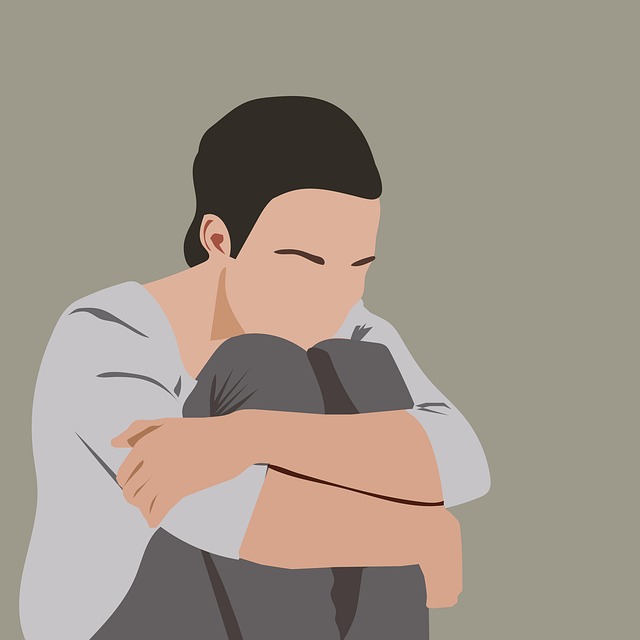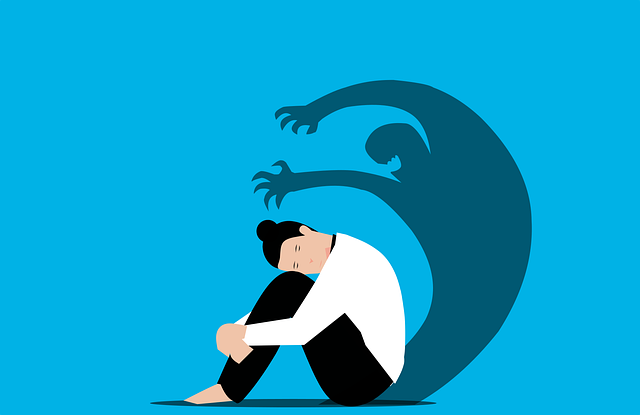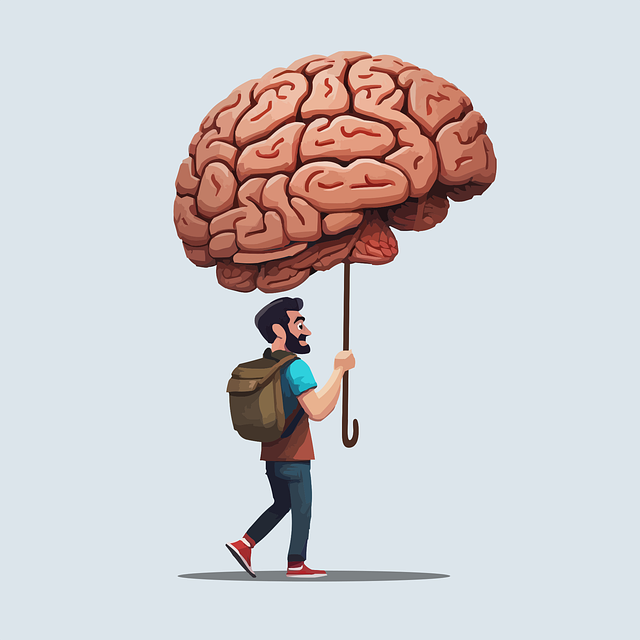Positive thinking exercises emerge as a powerful tool to enhance mental well-being among adolescents, addressing issues like sexual dysfunction. Research shows that encouraging positive perspectives reduces anxiety and depression symptoms. Community outreach programs combining positive thinking and social skills training empower teens to reframe challenges as growth opportunities. Burnout prevention for healthcare providers is crucial for sustainable therapy. Self-awareness exercises and gratitude journaling enhance resilience, allowing teens to tackle sexual dysfunction head-on while normalizing mental health discussions. Integrating positive thinking into daily routines empowers adolescents, improving communication and reducing stigma associated with their condition, facilitating a journey towards recovery and self-acceptance in therapy.
Positive thinking exercises have emerged as a powerful tool in enhancing teen mental health, particularly for adolescents navigating sexual dysfunction. This article delves into the transformative impact of cultivating optimism and explores strategies to overcome negative thought patterns common among this age group. We present practical, evidence-based exercises designed to foster resilience and discuss how integrating positive thinking into daily routines can be a game-changer in adolescent therapy, especially for those facing sexual dysfunction challenges.
- Understanding the Impact of Positive Thinking on Teen Mental Health
- Identifying and Overcoming Negative Thought Patterns in Adolescents
- Practical Exercises for Cultivating a Positive Mindset
- Integrating Positive Thinking into Daily Routines for Sexual Dysfunction Support
Understanding the Impact of Positive Thinking on Teen Mental Health

Positive thinking exercises have gained significant attention as a powerful tool to enhance mental well-being, especially among adolescents. Teen mental health is a critical aspect often requiring innovative approaches, and cultivating optimism can be a game-changer. Research suggests that encouraging positive perspectives can significantly reduce symptoms of anxiety and depression in this demographic. This is particularly relevant when addressing issues like sexual dysfunction during adolescence, which can have profound psychological impacts.
Implementing community outreach programs focusing on positive thinking can foster an environment where teens learn to reframe challenges as opportunities for growth. Social skills training, a key component of these initiatives, empowers adolescents with coping mechanisms and enhances their overall resilience. Additionally, burnout prevention strategies for healthcare providers involved in such programs are essential to ensure sustainability and the delivery of effective therapy for adolescent teens with sexual dysfunction.
Identifying and Overcoming Negative Thought Patterns in Adolescents

Adolescence is a period of significant cognitive and emotional development, but it can also be marked by intense negative thought patterns. Identifying and overcoming these patterns is crucial for fostering positive thinking in teens. Many adolescents struggle with self-critical thoughts, often influenced by their peers, social media, or personal experiences. These negative thoughts can spiral into more severe issues, such as anxiety, depression, and even sexual dysfunction, requiring therapy for adolescent teens.
Mental health awareness plays a vital role in addressing these challenges. Encouraging self-awareness exercises and conflict resolution techniques can empower teenagers to recognize and challenge their negative thought cycles. By understanding the root causes of their thoughts, adolescents can develop healthier cognitive processes. This proactive approach not only enhances their overall well-being but also equips them with essential life skills for managing stress and building resilience.
Practical Exercises for Cultivating a Positive Mindset

Cultivating a positive mindset is an essential tool for navigating life’s challenges, especially for adolescent teens navigating issues like sexual dysfunction. Practical exercises like gratitude journaling can significantly enhance this process. Each day, teens are encouraged to write down three things they’re grateful for, no matter how small. This simple act helps shift focus from negative thoughts and experiences to the positives in their lives, fostering a more optimistic outlook.
Additionally, mindfulness meditation has proven effective in building resilience and promoting positive thinking. Through regular practice, teens can learn to be present in the moment, observing their thoughts and emotions without judgment. This awareness allows them to address negative thought patterns before they escalate, replacing them with more constructive and uplifting perspectives. Public Awareness Campaigns Development around these exercises can play a crucial role in normalizing mental health discussions and encouraging adolescents to develop resilience-building strategies for overall well-being.
Integrating Positive Thinking into Daily Routines for Sexual Dysfunction Support

Integrating positive thinking into daily routines can be a powerful tool for adolescents experiencing sexual dysfunction, offering a unique and often overlooked approach to support their healing journey. Therapy for adolescent teens with sexual dysfunctions often involves addressing underlying mental illness and reducing the stigma associated with these issues. By cultivating a positive mindset, young individuals can develop inner strength that translates into improved communication strategies when discussing intimate topics or seeking help.
This practice encourages teens to reframe negative thoughts and beliefs about their bodies and sexuality, fostering a healthier self-perception. Regularly practicing positive affirmations and mindful thinking techniques can help break the cycle of shame and embarrassment that sometimes accompany sexual dysfunction. As these adolescents navigate their emotional landscapes, building inner resilience through positive thinking empowers them to approach therapy sessions with more openness and willingness to explore solutions, ultimately aiding in their journey towards recovery and self-acceptance.
Positive thinking exercises have proven to be powerful tools in improving adolescent mental health, especially when addressing issues like sexual dysfunction. By identifying and challenging negative thought patterns, teens can gain a sense of control over their emotions and beliefs. Integrating these exercises into daily routines offers a holistic approach to therapy for adolescent teens with sexual dysfunction, fostering resilience and enhancing overall well-being. This strategy not only supports their mental health journey but also empowers them to navigate life’s challenges with a more optimistic outlook.












